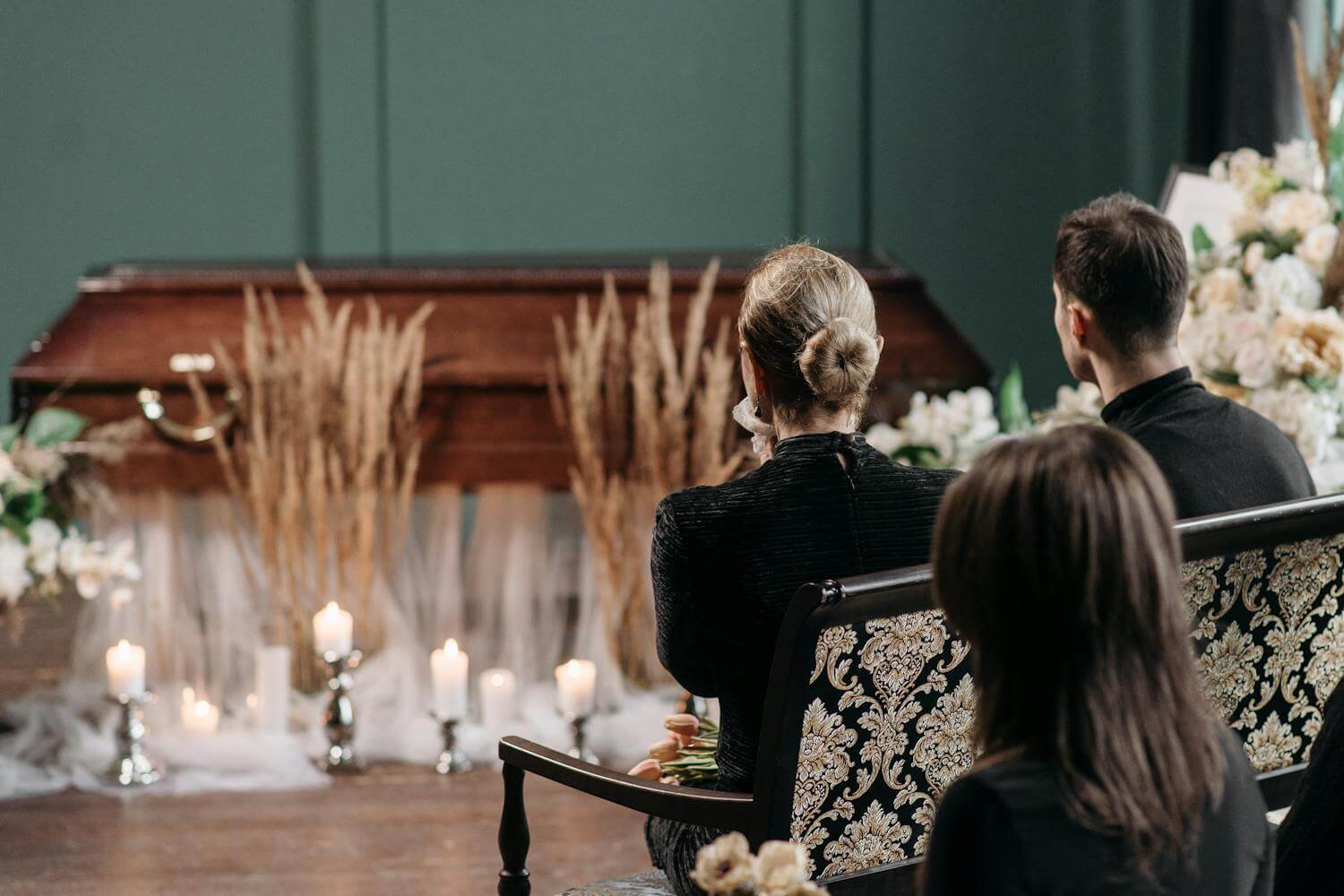In many family scenarios, the decision of a father to leave his entire estate to his second wife can lead to significant conflict and legal challenges.
This delicate situation often triggers emotional upheaval among the children from a first marriage, who may feel overlooked or unfairly treated.
Understanding the legal and emotional ramifications of such estate distributions is crucial for all parties involved.
Understanding Legal Entitlements and Rights
In Australia, estate planning laws are designed to ensure fair treatment of all potential beneficiaries, including children from previous marriages.
If a father decides to leave everything to his second wife, his children may have the right to contest the will under family provision claims.
These Australian laws are intended to provide for the adequate maintenance and support of dependents who were not sufficiently provided for in the will.
🔑 Key Takeaway: It’s essential to understand the legal rights and provisions that protect children’s entitlements in estate distributions to prevent potential disputes.
Also read: What Happens If a Will is Not Followed
Emotional Impact and Family Dynamics
The decision to leave an estate primarily or solely to a second spouse can profoundly affect family dynamics, potentially leading to estrangement and long-term resentment.
Psychological experts suggest that transparent communication and involving all family members in estate planning discussions can alleviate potential misunderstandings and hurt feelings.
🔑 Key Takeaway: Maintaining open lines of communication with all family members throughout the estate planning process can help mitigate the emotional impact of such decisions.
Legal Recourse for Disinherited Children
Children who find themselves left out of a will in favour of a stepparent have legal avenues to contest.
The grounds for contesting a will include a lack of adequate provision and questions around the testator’s mental capacity or undue influence at the time of making the will.
Legal professionals can provide guidance on the likelihood of success in a will contest, depending on the specifics of the case.
🔑 Key Takeaway: Disinherited children should seek legal advice promptly if they believe they have been unfairly excluded from a will.
Need a Lawyer?
Preventative Strategies in Estate Planning
To ensure a smooth transition of assets and minimise conflicts among beneficiaries, estate planners recommend several strategies:
- Creating a Mutual Will Agreement: This involves both spouses agreeing to a common set of terms for their wills, which cannot be changed without mutual consent. This is particularly useful in blended families, ensuring that agreements made during the lifetime of both spouses are upheld after their passing.
- Establishing Trusts: Trusts can be a flexible way to provide for a second spouse while also securing part of the estate for children from a previous marriage. There are several types of trusts:
- Life Interest Trusts: These allow the second spouse to benefit from the assets (like living in the family home) during their lifetime, with the capital passing to the children after her death.
- Discretionary Trusts: These give trustees the discretion to make decisions about how to distribute the assets among a class of beneficiaries, which can include the second wife and any children.
- Family Conferences: Hosting a family conference can help discuss and clarify the intentions behind the will and estate plan. This proactive communication can reduce misunderstandings and foster agreement among all parties.
- Regular Reviews of the Estate Plan: Life circumstances change, and so should estate plans. Regularly reviewing and adjusting the will and other estate planning documents can ensure they continue to reflect the testator’s wishes and account for any new family dynamics or financial situations.
- Professional Mediation: If potential for conflict exists, involving a neutral third party like a professional mediator can help family members reach a consensus on sensitive issues, reducing the likelihood of disputes after the testator’s death.
Also read: Inheriting Property from Parents
The Importance of Thoughtful Estate Planning
The situation where a father leaves everything to his second wife is a complex narrative that underscores the importance of thoughtful estate planning.
By considering the legal, emotional, and familial aspects of estate distribution, individuals can make informed decisions that respect the needs and rights of all family members.

